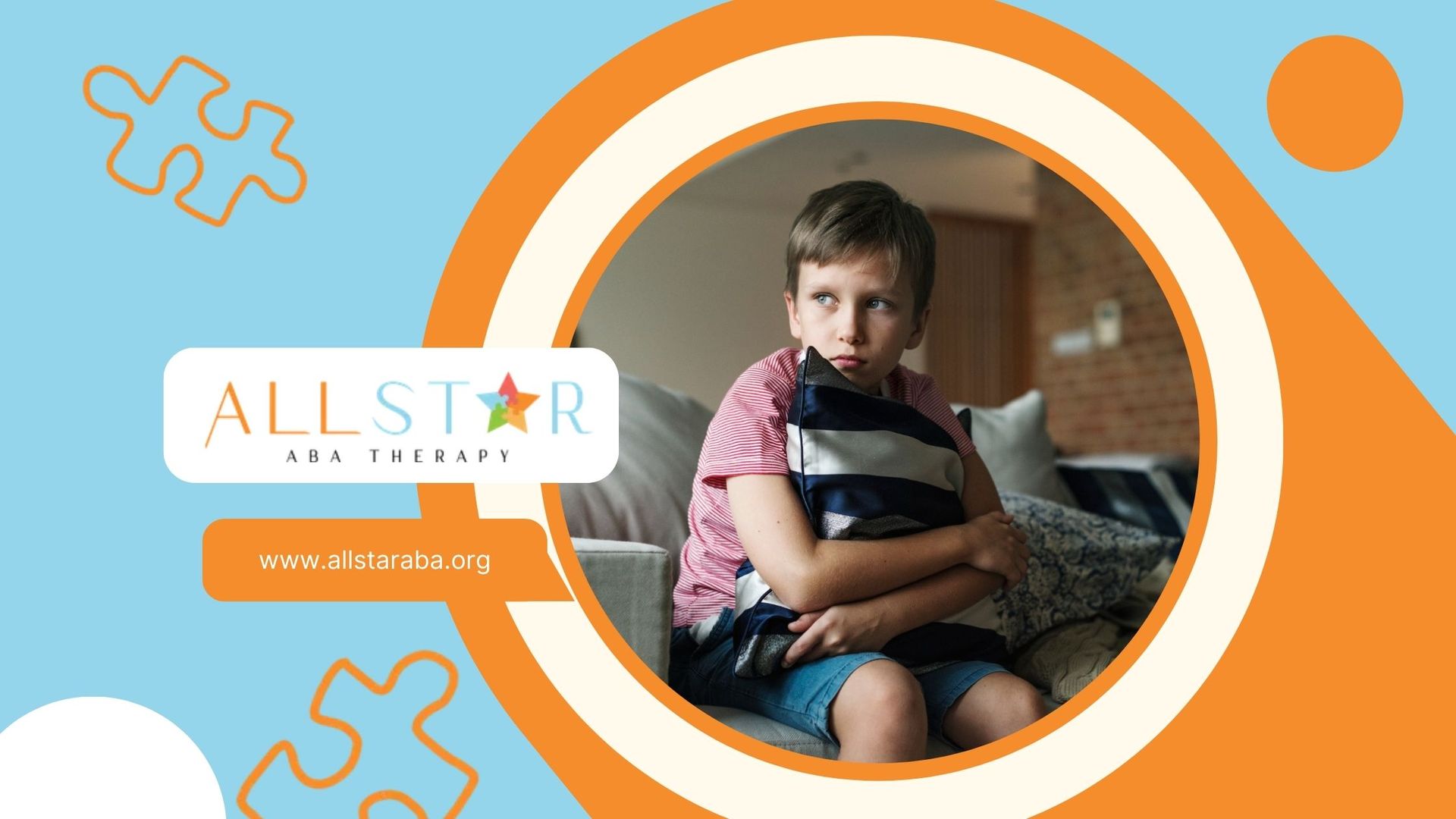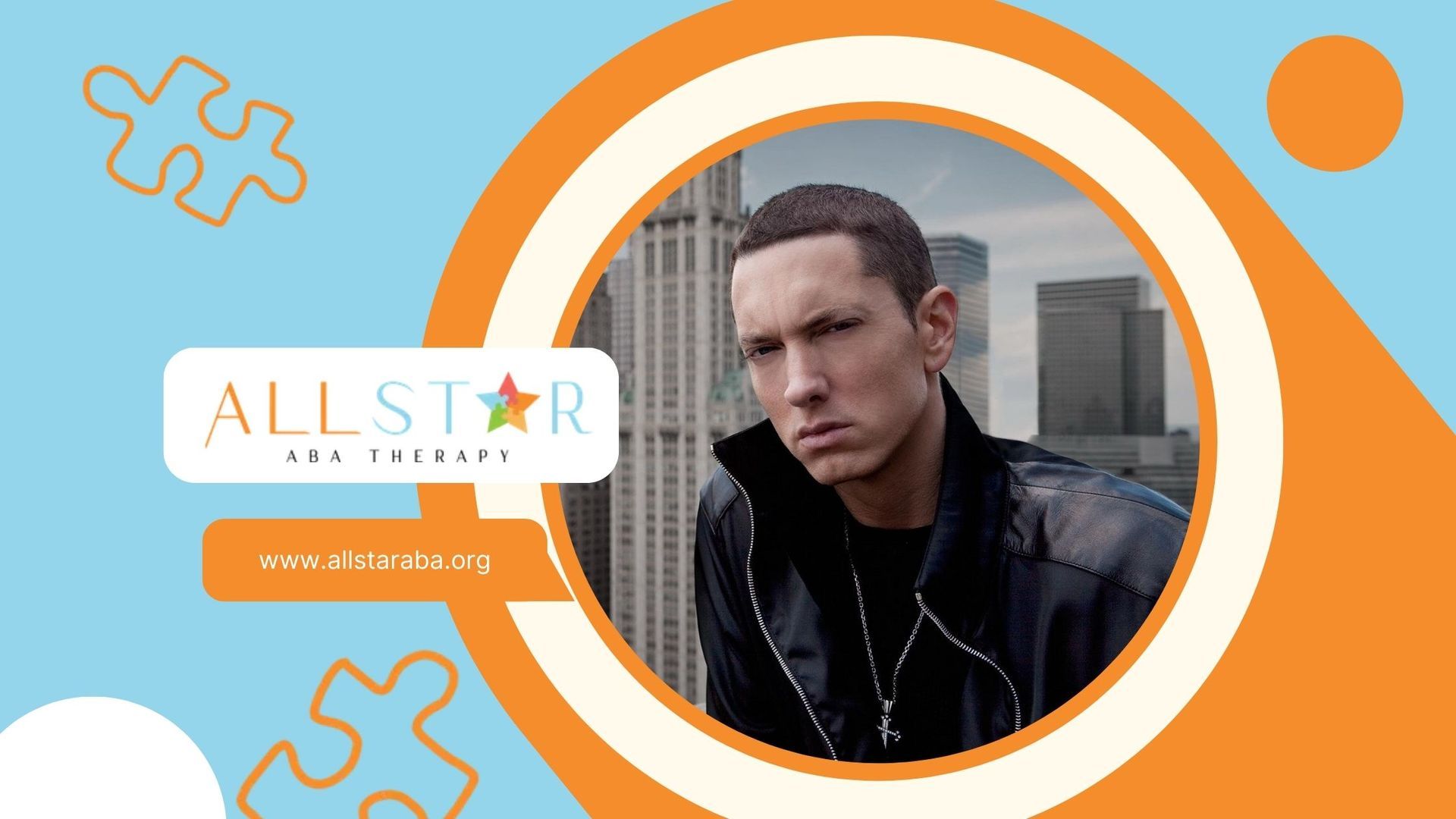New Paragraph
Life-Changing Benefits of Autism Service Dogs for Children & Adults with ASD
four-legged friend could make all the difference? Autism service dogs are more than just pets—they're highly trained companions that provide invaluable support to individuals with ASD.
Whether it’s fostering social interaction, offering emotional stability, or assisting with daily routines, these incredible dogs bring comfort and independence to their handlers and their families. Let’s dive into how these service dogs can transform lives.
Understanding Autism Service Dogs
Imagine having a loyal companion by your side who understands your needs and responds with unwavering support. That’s exactly what an autism service dog does!
These specially trained canines help individuals with autism navigate their daily lives with greater ease and confidence. But what makes these dogs so unique?
Let’s explore what sets them apart and how they provide life-changing assistance.
Definition and Roles of Autism Service Dogs
Unlike regular household pets, autism service dogs undergo intensive training to perform specific tasks that help mitigate challenges associated with ASD. Their responsibilities can include:
- Interrupting repetitive behaviors – If a person with autism engages in repetitive movements or self-stimulatory behaviors (stimming), the dog can gently interrupt and redirect their focus.
- Providing deep pressure therapy – During moments of sensory overload or anxiety, the dog can apply gentle, calming pressure—similar to the effect of a weighted blanket.
- Tracking and locating – Some individuals with autism may wander or bolt unexpectedly (elopement). Autism service dogs can be trained to track and locate them, ensuring their safety.
Each autism service dog receives individualized training to meet the specific needs of their handler, making them an invaluable source of support.
How These Dogs Support Individuals with Autism
Autism service dogs provide more than just practical assistance—they offer emotional security, companionship, and a sense of calm in an often overwhelming world. Here’s how they make a difference:
- Enhancing communication and social interaction – Having a service dog can make social interactions less intimidating, serving as a natural conversation starter and bridge between individuals with autism and others.
- Promoting emotional stability – The constant companionship of a service dog can provide comfort and reduce anxiety, creating a soothing presence in stressful situations.
- Assisting with daily activities – Whether it’s going to the store, visiting a doctor’s office, or transitioning between tasks, an autism service dog can help make these activities feel more manageable.
With their unwavering loyalty, patience, and specialized skills, these dogs become true life partners to individuals with autism.
Benefits of Autism Service Dogs
The benefits of having an autism service dog extend beyond the individual with ASD—they also bring comfort and peace of mind to families.
These specially trained canines offer both practical assistance and emotional support, leading to life-changing benefits.
Enhancing Social Skills and Interaction
Social situations can be challenging for individuals with autism, but an autism service dog can serve as a powerful icebreaker. Many children and adults with ASD find it easier to communicate with others when their dog is present.
Simple interactions, such as answering questions about their dog or engaging in nonverbal communication through petting, can help build confidence and ease social anxiety.
Providing Emotional Stability
Managing emotions can be difficult for individuals with ASD, particularly in overwhelming environments. Autism service dogs excel at offering emotional stability.
They can sense when their handler is distressed and respond with calming behaviors—whether it’s snuggling close, nudging for attention, or using deep pressure therapy. Their presence alone can be a grounding force, helping individuals regulate their emotions more effectively.
Assisting with Daily Activities
Daily routines, such as getting dressed, following schedules, or running errands, can feel overwhelming for individuals with autism.
Service dogs help create a structured and predictable routine, offering both physical assistance and emotional reassurance. They can retrieve objects, remind their handler about tasks, and even provide stability in unfamiliar settings.
Training Regimens for Autism Service Dogs
Becoming an autism service dog requires rigorous and specialized training. The process ensures that each dog is well-equipped to meet the needs of their handler.
Training typically includes:
- Basic obedience – Every autism service dog starts with foundational skills such as responding to commands like sit, stay, and heel.
- Task-specific training – Dogs are trained to perform specialized tasks like deep pressure therapy, alerting to distress, or guiding their handler through stressful environments.
- Public access training – Since service dogs accompany their handlers in public spaces, they must learn proper behavior in crowded areas, stores, and public transportation.
The training process is rigorous and can take up to two years, ensuring that these dogs are reliable and ready to provide the highest level of support.
Is an Autism Service Dog Right for You?
Deciding whether to bring an autism service dog into your life is a big decision. Here are a few key factors to consider:
- Needs and lifestyle – Does the individual with autism require the kind of support a service dog provides? Are they comfortable with dogs?
- Family commitment – Service dogs require care, training reinforcement, and companionship. Is your family ready to take on this responsibility?
- Financial considerations – Training and maintaining a service dog can be costly. Be sure to research grants, funding, and nonprofit organizations that may help.
If an autism service dog seems like the right fit, reaching out to reputable training organizations is the next step. A well-matched service dog can be life-changing for individuals with autism and their families.
At All Star ABA, we specialize in personalized, science-backed ABA therapy that helps children develop essential skills for independence and confidence.
📞 Call us today to learn more about our ABA therapy programs!
FAQs
How can an autism service dog help my child?
Autism service dogs help by reducing anxiety, providing comfort, interrupting repetitive behaviors, and assisting with daily routines.
Are autism service dogs covered by insurance?
Unfortunately, most insurance plans do not cover autism service dogs. However, grants and nonprofit organizations may offer financial assistance.
What breeds make the best autism service dogs?
Labrador Retrievers, Golden Retrievers, and Poodles are among the most commonly used breeds due to their intelligence, temperament, and trainability.
Need Support?
We're Here to Help!
Our experienced team is ready to assist you. Reach out today to discuss how we can support your child's development and well-being.
Get started with expert ABA therapy today.
Related posts

All Star ABA delivers the gold standard of care, Applied Behavioral Analysis (ABA) therapy, for individuals diagnosed with ASD, from infancy to age 21.
Quick Links
All Rights Reserved | All Star ABA







